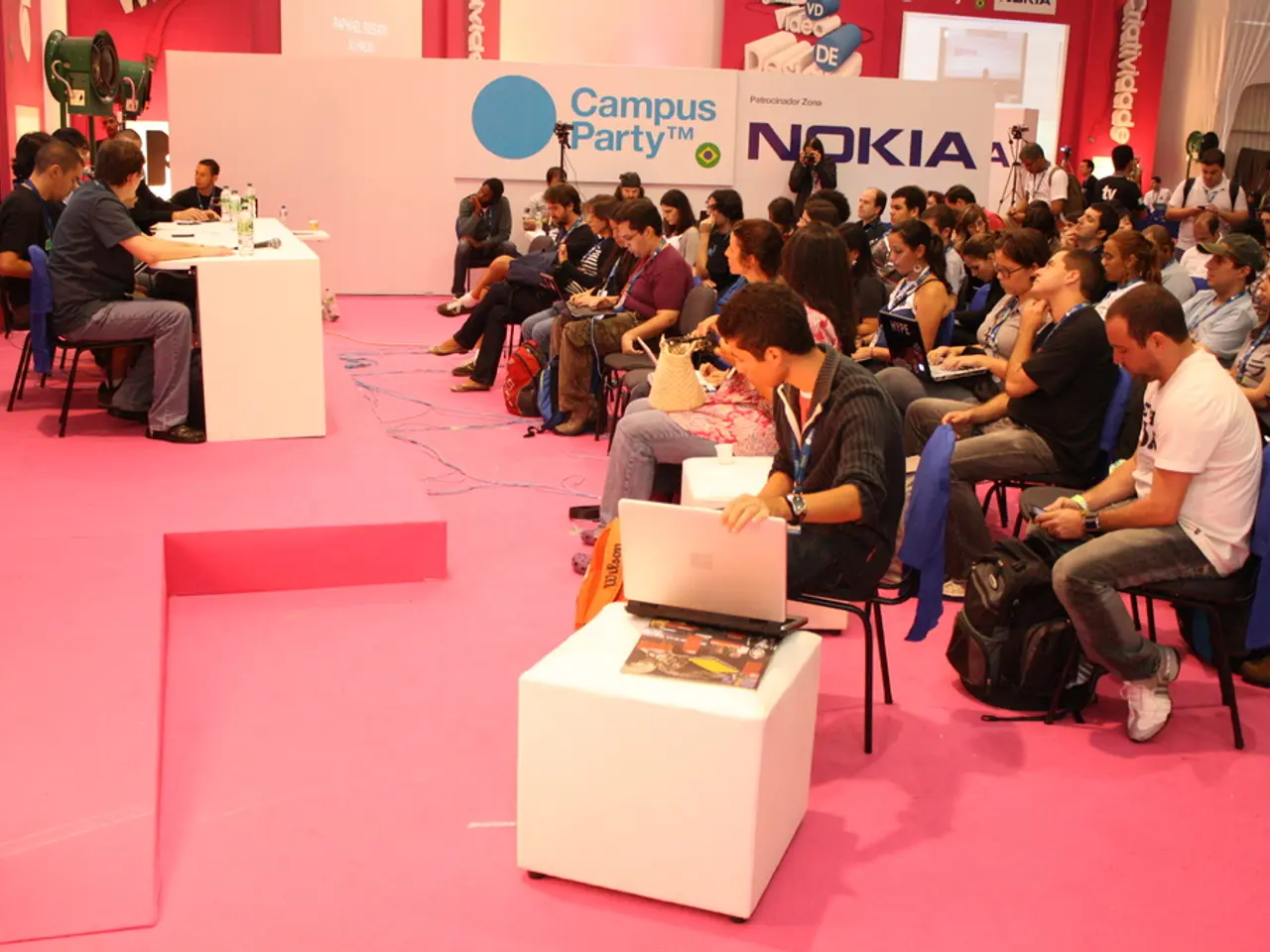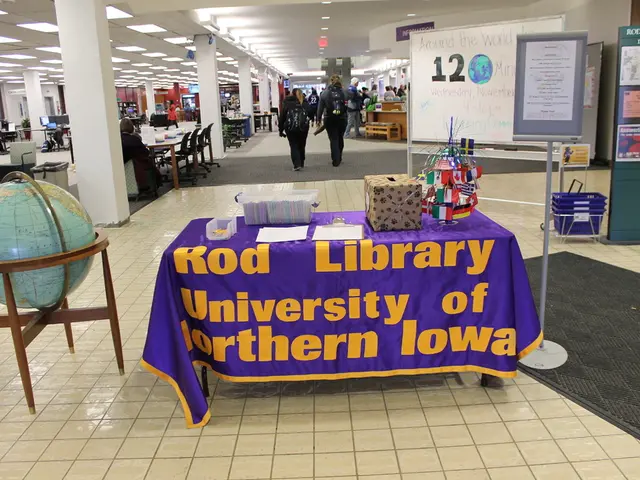Government reveals five-year plan for international cultural dominance and media advancement
South Korea Unveils Five-Year Plan to Establish Global Cultural Powerhouse
President Lee Jae Myung's administration has unveiled a comprehensive five-year plan to strengthen South Korea's position as a global cultural powerhouse. The ambitious strategy aims to build a sustainable digital and media ecosystem, focusing on the growth of K-culture and digital innovation.
The plan encompasses several key areas:
Cultural Development and Expansion
The government is prioritizing the global expansion of K-pop and K-culture, supporting artistic creation, and encouraging public participation. This includes developing infrastructure such as K-pop facilities and leveraging the popularity of Korean content to boost cultural influence internationally. The administration emphasizes accelerating Korea’s journey toward becoming a true powerhouse of K-culture while maintaining governmental support without direct interference in creative processes.
Sustainable Digital and Media Ecosystem
The plan incorporates strategies to create a sustainable media ecosystem by integrating digital innovation. This aligns with the broader government vision of a "super-innovation economy" centered on artificial intelligence (AI). South Korea is investing heavily over five years to develop sovereign AI models that enhance public accessibility and daily life, plus customized AI for key industries to drive innovation, including media and cultural content.
Technological Integration and Support for AI-driven Media
The initiative involves launching around 30 AI-focused projects, including humanoid robots for logistics and other services and commercializing autonomous technologies by 2027-2030. AI adoption in manufacturing and service sectors is targeted to raise significantly, indicating cross-sector support for the ecosystem that includes media and digital cultural industries.
Ambitious Growth Targets
The plan sets ambitious growth targets for K-culture globally. The government encourages ministries to devise measures for the global expansion of K-content and supportive infrastructure development, while respecting the arm’s-length principle to avoid excessive governmental interference in the arts.
Support for K-Culture Exports and Industry Growth
The plan aims to increase annual inbound tourism to 30 million visitors, compared with 16.37 million in 2024. To achieve this, the government will facilitate industrial growth with policy financing of 10 trillion won, tax benefits, and securing arenas for performances. The plan also seeks to boost related industry exports to 50 trillion won. Support will be provided for the overseas expansion of K-platforms and the introduction of artificial intelligence into broadcast media.
Accessibility and Infrastructure Improvements
The plan aims to enhance the infrastructure for both domestic and international visitors. Cultural and sports facilities accessible to all age groups will be expanded. The participation rate in daily sports is aimed to be raised from 60.7 percent in 2024 to 65 percent by 2030. The national cultural arts attendance rate is aimed to be raised from 63 percent in 2024 to 70 percent by 2030.
In summary, South Korea’s five-year strategy combines robust cultural investment, global branding of Korean content, and cutting-edge AI and digital technologies to build a resilient, sustainable environment where Korean cultural products and digital innovation mutually reinforce the country’s global cultural leadership. This plan builds on South Korea’s long-standing model of strategic state-led development in culture and technology, which has previously fueled its rise as an economic and cultural global player.
Read also:
- Arctic Life Cultivation Through Forest Sheltered Tundra Permaculture
- Prostate Cancer Progression: Prognosis, Therapies, and Resources of Care (Stage 2)
- Impacted vision post-cataract surgery: Reasons and remedies
- Foreign Language Instructors Wanted: AKF Working Group Seeks Professionals for Integration Assistance to Non-Native Speakers





